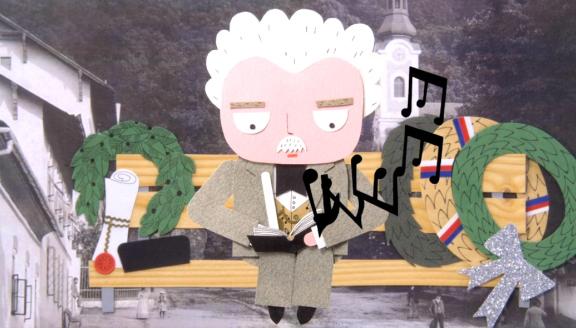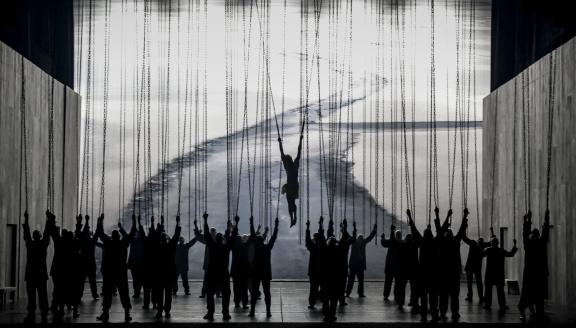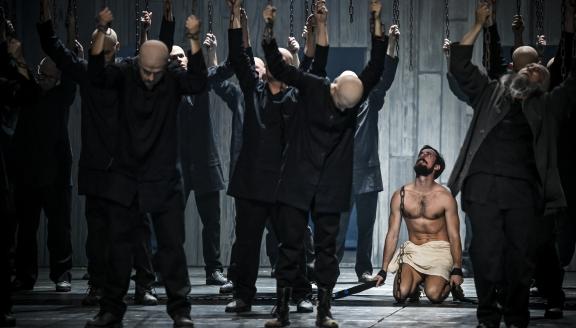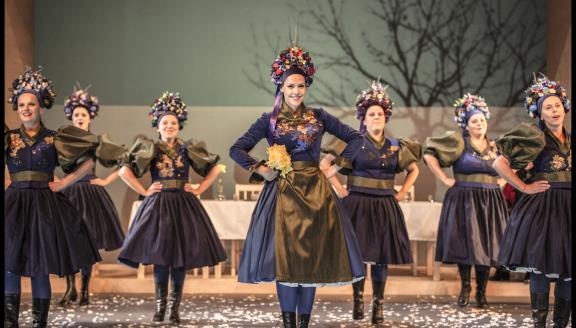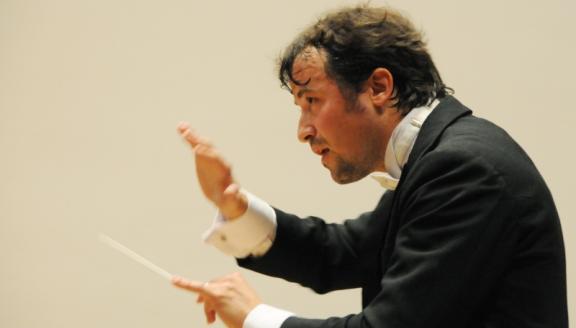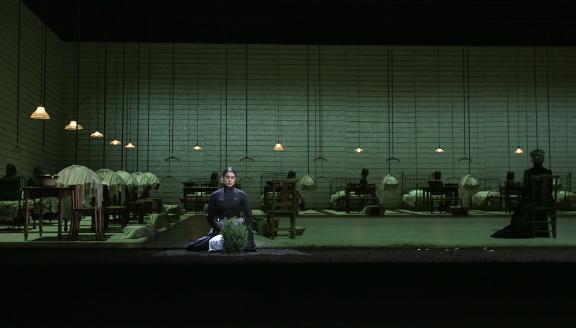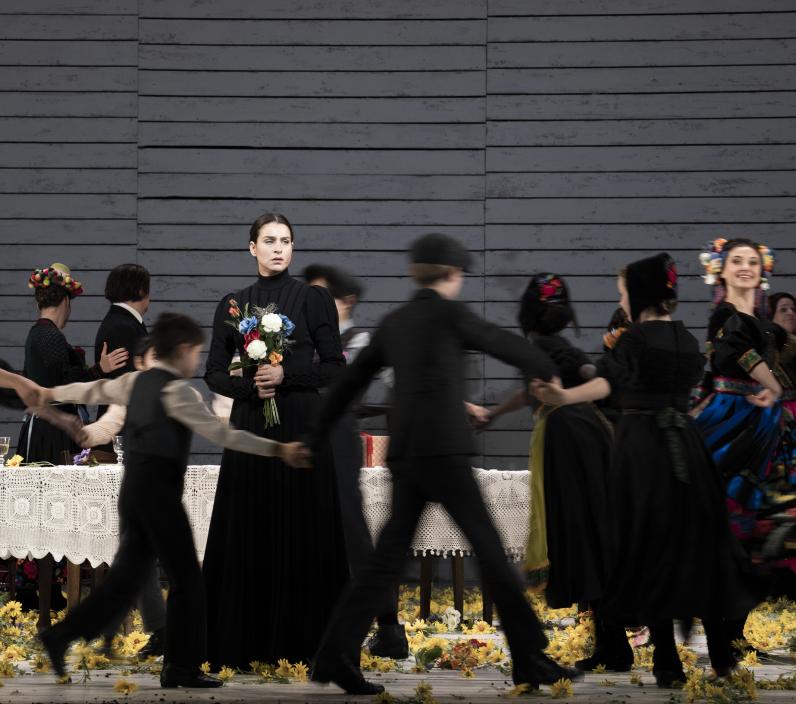
Janáček
Czech composer Leoš Janáček is a unique musical voice with an uncanny ability to suggest mood with just a few notes, an understated but passionate lyricism, and an emotional charge to his operas as powerful as any in the 20th century.
Czech composer Leoš Janáček (1854 -1928) was almost 62 when his opera Jenůfa was finally produced in Prague, bringing him unexpected fame. By then he had written five operas, only two of which had been previously produced in his adopted town of Brno and the last had been abandoned in sheer despair that it would ever be performed. The success of Jenůfa in Prague in 1916 changed all this. He quickly completed his fifth opera and in 1919, at the age of 65, embarked on an astonishingly fertile last decade which saw the composition of four major operas and a number of substantial works in other genres such as the Sinfonietta, the Glagolitic Mass and the two string quartets.
Two key factors set Janáček apart from other opera composers. He was preoccupied from the late 1880s with Moravian folk music, a particularly rich and distinctive resource in terms of mode and rhythm. This had the long-term effect of enriching and fertilising his musical language, though never obliterating its tonal roots. The result was a highly characteristic musical language, fresh, appealing, and accessible. A second factor in Janácek's success arises from his gifts as a musical dramatist. While his mature operas have some of the oddest subject matter of any group of operas, all of them work, in their various ways, as effective stage pieces. They are astonishingly different from one another, inhabiting many distinctive worlds and atmospheres. These range from 19th-century Russian provincial life (Katya Kabanova) to Moravian peasant verismo (Jenůfa) and sophisticated Prague of the 1920s (The Makropulos Affair); from the life of animals in the Moravian woods (Cunning Little Vixen) to a Siberian prison camp (From the House of the Dead). What binds them together is their succinctness, Janácek's uncanny ability to suggest and change mood with just a few notes, his terse but passionate lyricism, a compassionate humanity, and an emotional charge as powerful as any in the 20th century.
